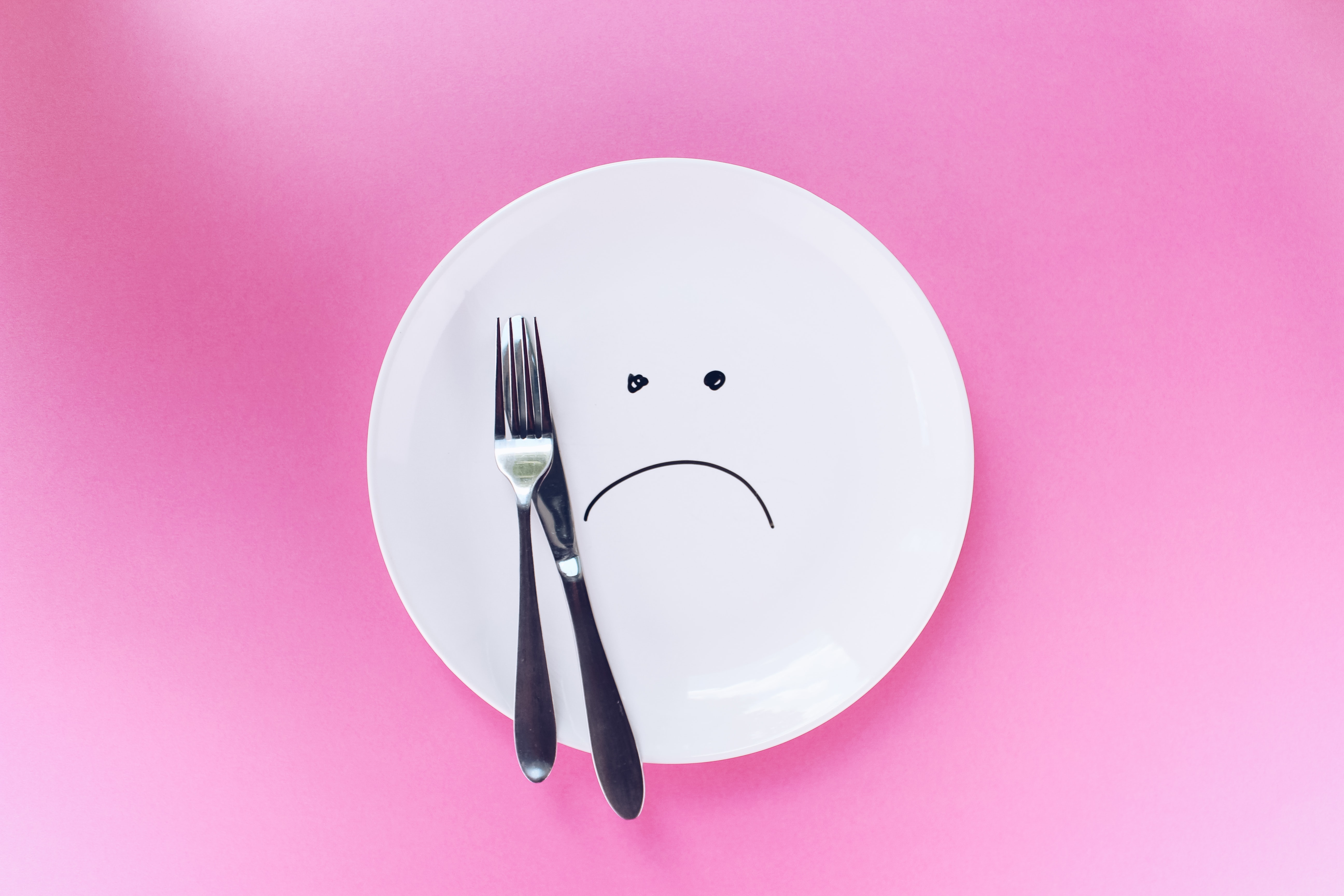Why do so many people self-diagnose food allergies - and can we help them?
Medical Pharmaceutical Translations • Mar 7, 2022 12:00:00 AM

A few years ago, a friend came back from a trip to Paris and told me, “There wasn’t much I could eat there.” She can’t have gluten, she explained, which meant no baguettes, croissants, or other delicious baked goods. When I asked her how long she’d had celiac disease, she said she didn’t have that condition - she just avoided gluten because it was bad.
Food allergies are on the rise. But medical professionals are raising an alarm: While many cases are real, up to 35% of people may be incorrectly self-diagnosing themselves or their children with these conditions.
By comparison, it’s currently estimated that around 2-5% of the population suffer from an actual food allergy or intolerance.
Researchers who’ve been studying food allergy or intolerance misdiagnosis have found a number of reasons behind it. These include:
● a strong aversion to a particular taste.
A person may find that the taste of a particular food makes them experience nausea, or even causes them to vomit. Sometimes, psychologist Rebecca C. Knibb explains, this may be the result of having vomited after eating the food on a previous occasion, due to another issue (flu, etc.).
While it’s understandable that a person wouldn’t want to eat a particular food if it makes them feel queasy, it’s not the same thing as an allergy or intolerance, which causes an immune response.
● confusing symptoms with other issues or conditions.
A common example is a person getting sick for an unrelated reason after eating a new food. They’ll assume that the food caused the issue, without getting diagnosed by a professional or getting tested by an allergist.
Another common source of confusion is that some food intolerance or allergy symptoms could be due to chronic digestive issues like inflammatory bowel disease or irritable bowel syndrome, where the food itself is not the root cause of the problem.
● psychological reactions.
Some of us might associate a particular kind of food or taste with bad memories, or may simply hold beliefs that certain kinds of foods or ingredients are harmful (My gluten-averse friend falls under this category). This could lead to a psychosomatic response whenever they eat or are exposed to the food.
● culture.
Our current culture around food perceives certain foods or ingredients harmful or unhealthy (here’s gluten again), sometimes without scientific evidence to back it up. Some people may not have personally experienced allergies or any other particular physical symptom when exposed to these foods, but will still rigorously avoid them and claim to have an intolerance.
● labeling laws.
Labeling laws in some countries or regions, like the European Union, for instance, require companies to include a warning if a food may have been exposed to any common allergens, such as nuts. This can cause the general population to become more suspicious of potential allergens, even if they’ve never had a reaction to them.
Sadly, nutritionist Marion Cunningham reports, while intended as a responsible act, this type of labeling is a precautionary measure that doesn’t indicate if the food has actually been in contact with potential allergens. It also isn’t well regulated.
● lack of accessible care.
Theories about the phenomenon of self-diagnosing food allergies may vary among experts, but this is one reason for the issue that’s included in every article or list.
Many people don’t have access to allergists, for reasons like geography, cost, and availability. Unfortunately, while home allergy tests exist, Cunningham says that they aren’t adapted to detecting food allergies.
Misdiagnosing a food allergy or intolerance can mean that people are needlessly complicating their lives, not to mention in some cases eating less healthily than they should. But with self-diagnosis and particular social ideas about food so prevalent in our culture, not to mention a lack of access to allergists being an obstacle for many people, is it possible to stop this trend?
One obvious solution would be to improve access to medical professionals. Hopefully this will one day be possible.
For the time being, an awareness campaign about misdiagnosing food allergies and intolerances could be an easier (relatively speaking) goal.
No awareness campaigns about this issue currently exist. One reason may be that it’s inherently risky. What if this information ends up enabling denial in patients who do actually have a food allergy? What if someone has an allergic reaction to a food and claims they thought they didn’t have an allergy because of the awareness campaign?
It seems like more than a slogan would be needed, in this case. Platforms like TikTok may be an answer.
Through TikTok, many people working in healthcare have become sources of information for thousands or even millions of followers. From there, the information is often shared on other social media platforms and even on news websites.
This is just one idea, of course; there are so many ways to spread information, online and in the real world. Hopefully, concerned medical professionals and researchers will find some way to inform and convince people that they don’t have to suffer from what might be a totally imaginary condition.
Contact Our Writer – Alysa Salzberg
